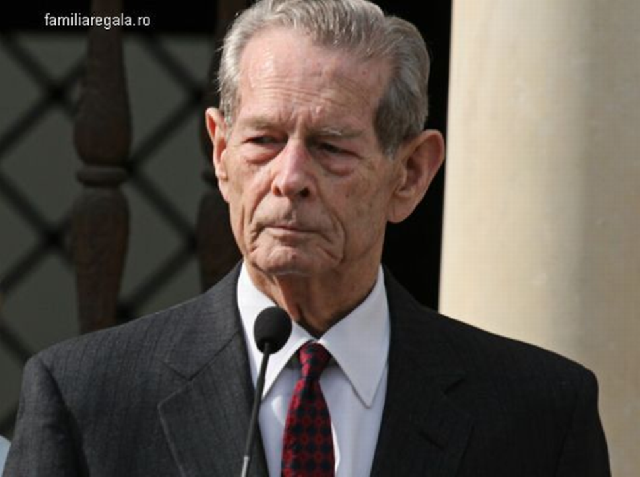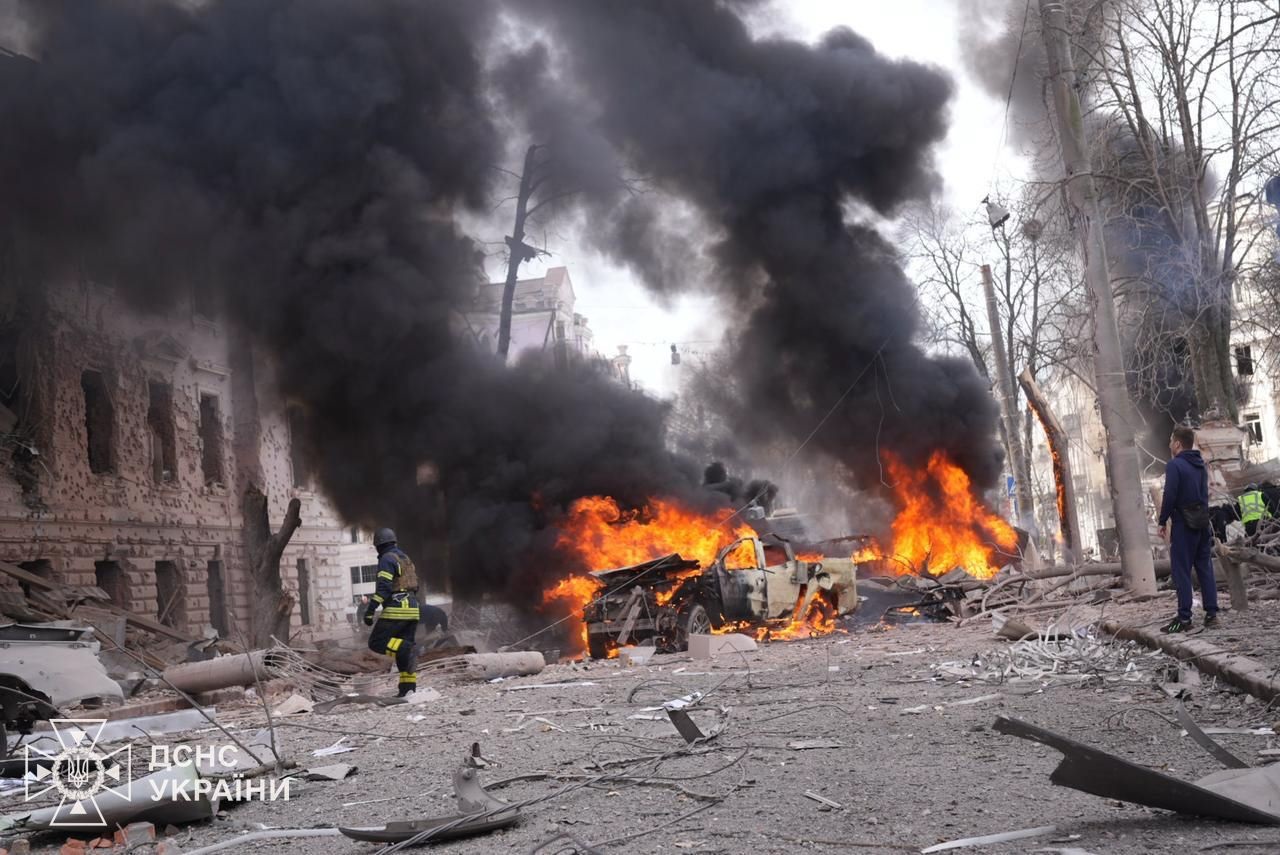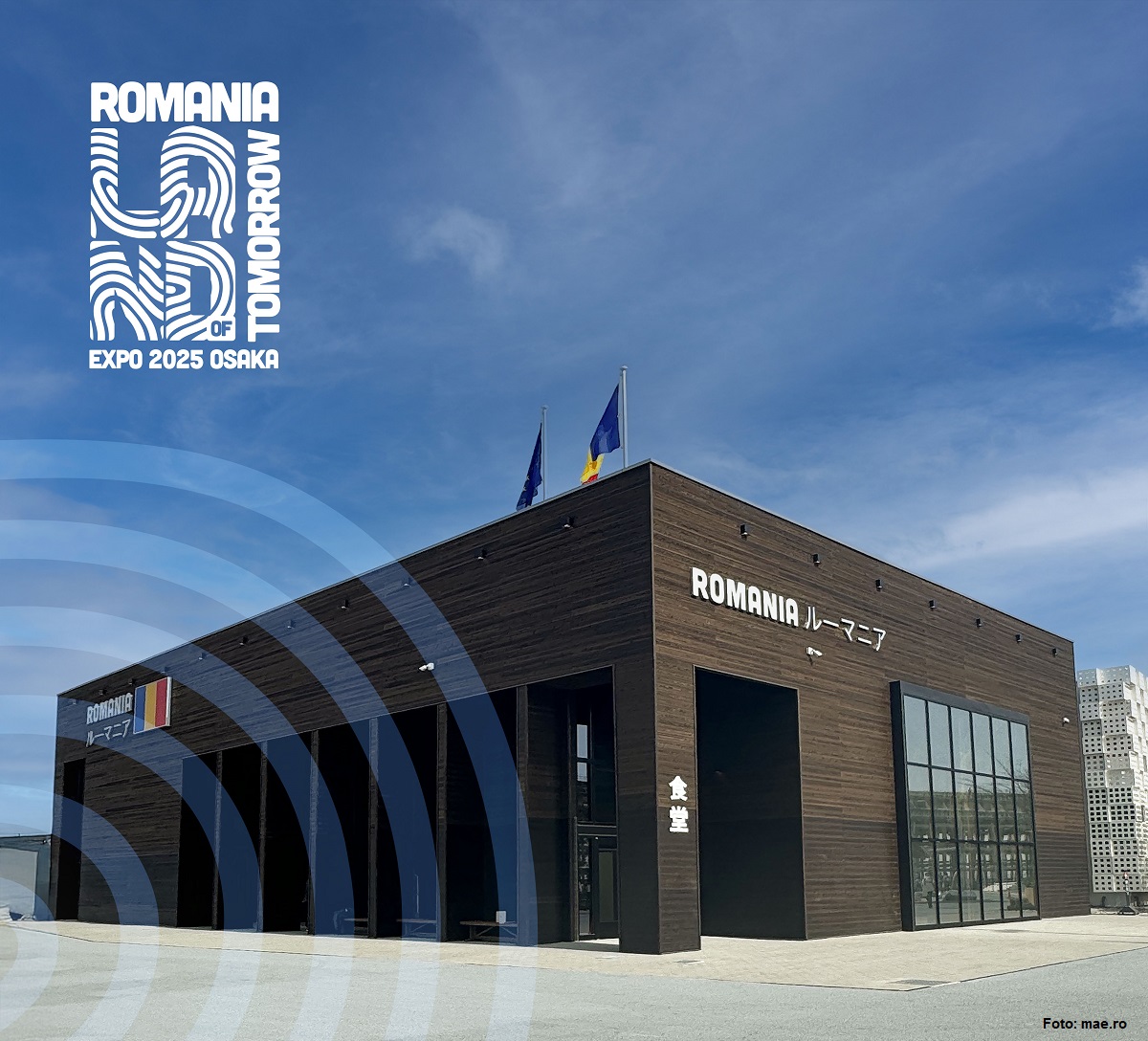Romania’s last king Michael I turns 95
King Michael I is the last surviving World War II head of state.

Bogdan Matei, 26.10.2016, 13:39
At a time when the media have been busy with
politicians in election pre-campaign ahead of the parliamentary elections of
December 11th and with ephemeral celebrities, the 95th
birthday anniversary of Romania’s last ling went almost unnoticed. A special
concert in honour of King Michael took place at the Romanian Athenaeum in
Bucharest on Tuesday night.
The King’s eldest daughter, Her Royal Highness
and Custodian of the Romanian Crown Margareta spoke about the role of the
Dynasty in the country’s history and about the moral code guiding the King his
entire life:
His Majesty’s anniversary comes at a time when
the Romanian Crown is celebrating 150 years in service of Romania’s history and
the nation’s identity and continuity. King Michael has lived for almost 100
years with the sense of duty, with faith and love for his country.
There has never been any trace of vanity in the
attitude of the last surviving World War II head of state. There has never been
any sign of self-worship in the discourse of this man with a remarkable
biological longevity, who has made history and who, loyal to his democratic
principles and traditional alliances with the USA, Great Britain and France,
was a relentless enemy of Nazism and communism, becoming undesirable for Hitler
and Stalin when he was barely 30 years of age.
Michael I was born on October 25th
1921 and acceded to the throne in September 1940. Considered immature and
mediocre, ignored and despised by the strongman of the time, general and later
pro-German marshal Ion Antonescu, King Michael remained in Antonescu’s shadow
for a long time. He never endorsed, but neither did he oppose any of
Antonescu’s errors, from his anti-Semitic policies to his decision to stay
loyal, at any cost, to the alliance with Nazi Germany and his commitments to
Hitler.
However, on August 23rd 1944, when
the Red Army had already entered Romania and was threatening to erase Bucharest
from the map, the King, showing incredible courage, decided to arrest
Antonescu, take his country out of the Axis and join the anti-Nazi coalition.
Today, historians almost unanimously agree that King Michael’s decision
shattered the German war machine and cut the war short by half a year, thus
preventing casualties and material damage in Europe.
King Michael was forced to step down and go
into exile on December 30th 1947 at a time when the country was
ruled by a puppet communist government and was practically under Soviet
military occupation. To survive abroad, the deposed sovereign did not shy away
from manual labour to earn his living, repairing cars, working the land on a
farm and raising chickens. The Securitate, the secret police of the communist
regime in Bucharest, kept constant track of him.
Ousted and forced to leave the country when he
was 26, the King was only able to return home when he was 75, after the
collapse of the communist regime. The discretion, elegance and humbleness that
have permanently characterised his public performance have earned him the
respect of most Romanians. Many still wonder what Romania would have looked
like today if the King had not abdicated in 1947, and without the communist
dictatorship and the incoherent transition that followed.






























